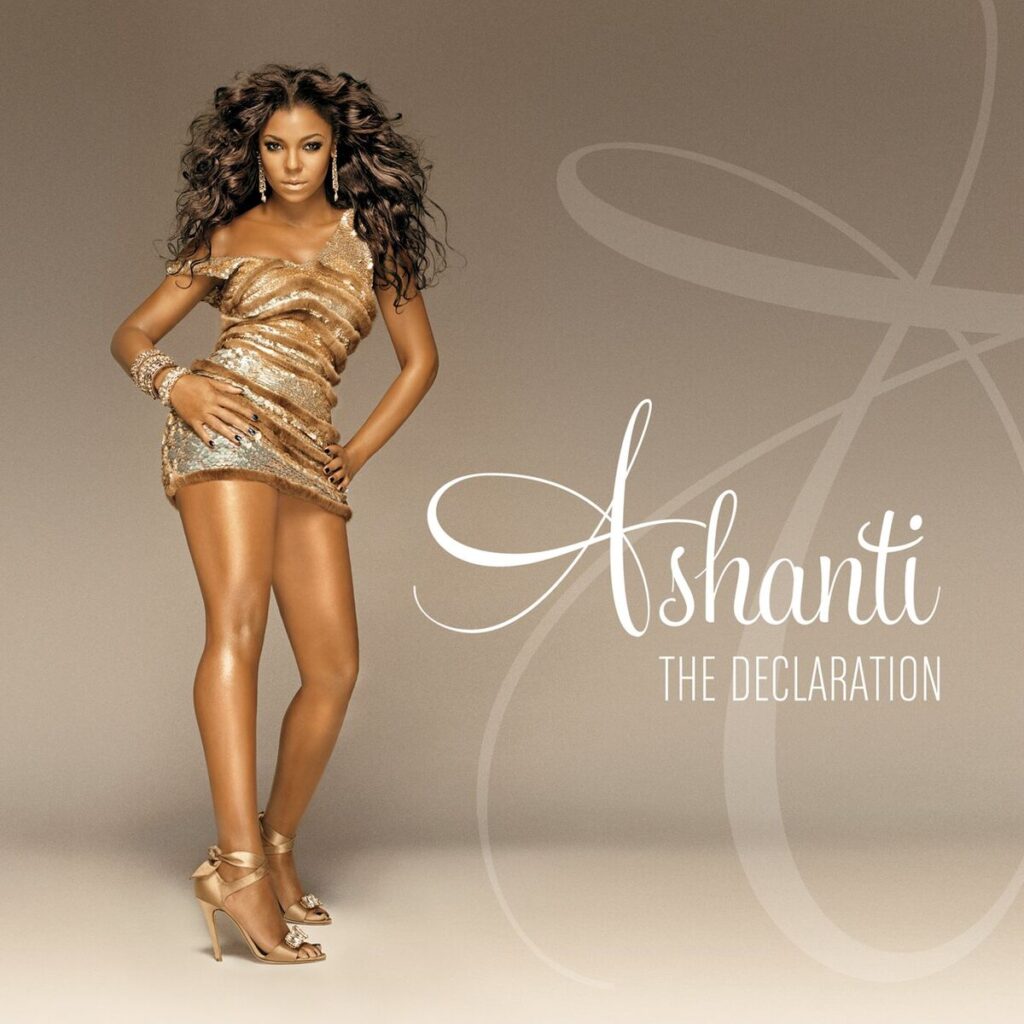
Introduction
Ashanti Shequoiya Douglas, known simply as Ashanti, emerged as a defining figure in early 2000s R&B and hip hop. Her unique blend of singing and songwriting has not only won her numerous accolades, including a Grammy Award, but has also shaped the sound and direction of contemporary music. As the world observes her evolution as an artist and entrepreneur, understanding her impact remains crucial, particularly in the context of ongoing conversations about representation and influence in the music industry.
Ashanti’s Rise to Fame
Born on October 13, 1980, in Glen Cove, New York, Ashanti’s journey into the limelight began in the late 1990s. She gained recognition when she collaborated with rapper Ja Rule on the hit single “Always on Time” in 2001, which catapulted her to stardom. Ashanti’s self-titled debut album, released the same year, debuted at No. 1 on the Billboard 200 and went on to sell over 500,000 copies within its first week. This remarkable success established her as one of the leading female artists of her time and marked the start of a highly successful solo career.
Musical Contributions and Achievements
Throughout her career, Ashanti has consistently pushed boundaries with her music. Hits like “Foolish,” and “Rock Wit U (Awww Baby)” showcased her smooth vocals and ability to integrate various genres, including hip hop, R&B, and pop. She has sold over 27 million records worldwide, making her one of the best-selling female artists of the early 21st century. Beyond her commercial success, Ashanti has been a pioneer for women in the industry, becoming one of the first female artists to gain both critical and commercial acclaim simultaneously, paving the way for future generations of female musicians.
Current Events and Future Prospects
In recent years, Ashanti has embraced new ventures, including acting, producing, and even engaging in charitable activities focused on social justice. In 2023, she announced a new music project set to delve into personal storytelling and celebrate her heritage and legacy. As Ashanti continues to evolve, her ability to remain relevant in a fast-changing music landscape is a testament to her talent and resilience.
Conclusion
Ashanti’s influence in the music industry cannot be overstated. Her contributions have not only transformed the soundscape of early 2000s music but have also inspired countless artists. As she prepares to release new material and embark on future projects, fans and new listeners alike can look forward to witnessing her enduring legacy. Ashanti exemplifies the power of music as a platform for cultural expression, personal storytelling, and inspirational leadership.



